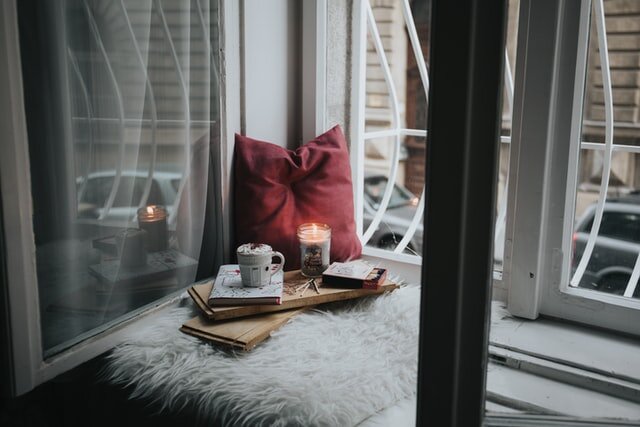2. The real estate agent lacks a cohesive marketing strategy
In real estate, marketing is everything. Having an agent with a solid online presence, know-how about current real estate trends and visibility on an array of online platforms is vital for reaching buyers or sellers. If your real estate agent does not seem to be experienced in this regard, this may very well hurt your property value.
The days of relying on a simple MLS listing or a sign in your yard are long behind us, which means you need a real estate agent who will proactively search for customers beyond these obsolete marketing methods, especially if you are considering selling or buying a home during a recession. Before hiring a real estate agent, check if they use social media platforms, whether they send out mailers, or if they market or locate showings online.
Additionally, be sure to ask for the agent's marketing portfolio, which includes examples of property listings with photographs. This will allow you to assess if their marketing skills and strategies are professional enough to keep up with the ever-evolving real estate market trends in NYC. So, photos taken on an iPhone simply will not do.
3. You’re working with the wrong real estate agent if their negotiation skills are lacking
Marketing or finding a property is just one part of a real estate agent's job. When it comes down to the crunch and your agent is too passive, inexperienced, or disinterested in negotiating in your stead, you might want to consider hiring someone else.
Once the offers start to arrive, you must have someone by your side who can communicate your wishes and needs and maintain a professional and successful negotiation with all interested parties. Be on the lookout for red flags and potential oversights on the part of your real estate agent.
Once you seal the deal, you should be equally vigilant when it comes to hiring movers for your relocation to NYC. Buying or selling a home is just the start of your real estate journey, which means you have to be careful and choose the best option possible for your relocation.
4. The agent lacks experience in market
Hiring a real estate agent who is new to the business is not necessarily a faux pas. In fact, sometimes, younger real estate agents might be even more skillful and knowledgeable when it comes to marketing on social media and other media outlets. Furthermore, they might bring an entirely new perspective to the table compared to their older counterparts that work within the same real estate agency.
However, if you notice that the real estate agent does not have the necessary information or expertise when it comes to current real estate trends in the local housing market, you might want to look for someone else. Moreover, as we have mentioned, your real estate agent should be a consummate negotiator in order to meet the grade, which in some cases comes only after a few years of working as a real estate agent.
5. The real estate agent is not familiar with the local housing market
Even if you hire a real estate agent with an extensive portfolio, this is no guarantee they are the perfect person for the job in the given real estate market. They have to be well-versed in property values in the area; otherwise, they are merely shooting blanks anytime they make an offer to a potential buyer or seller of the property.
In a city such as New York, real estate is hyper-local where it can even matter if the agent is familiar with a particular building. At minimum, working with a neighborhood expert is important, but always partner with the agent that has the most experience with your neighborhood and property type when possible.
Additionally, they should be in the know when it comes to other vital aspects that influence the value of the property. So, for instance, there are a few home features New Yorkers will pay extra for, and awareness of these and similar influencing factors can significantly impact the property's final price.









































